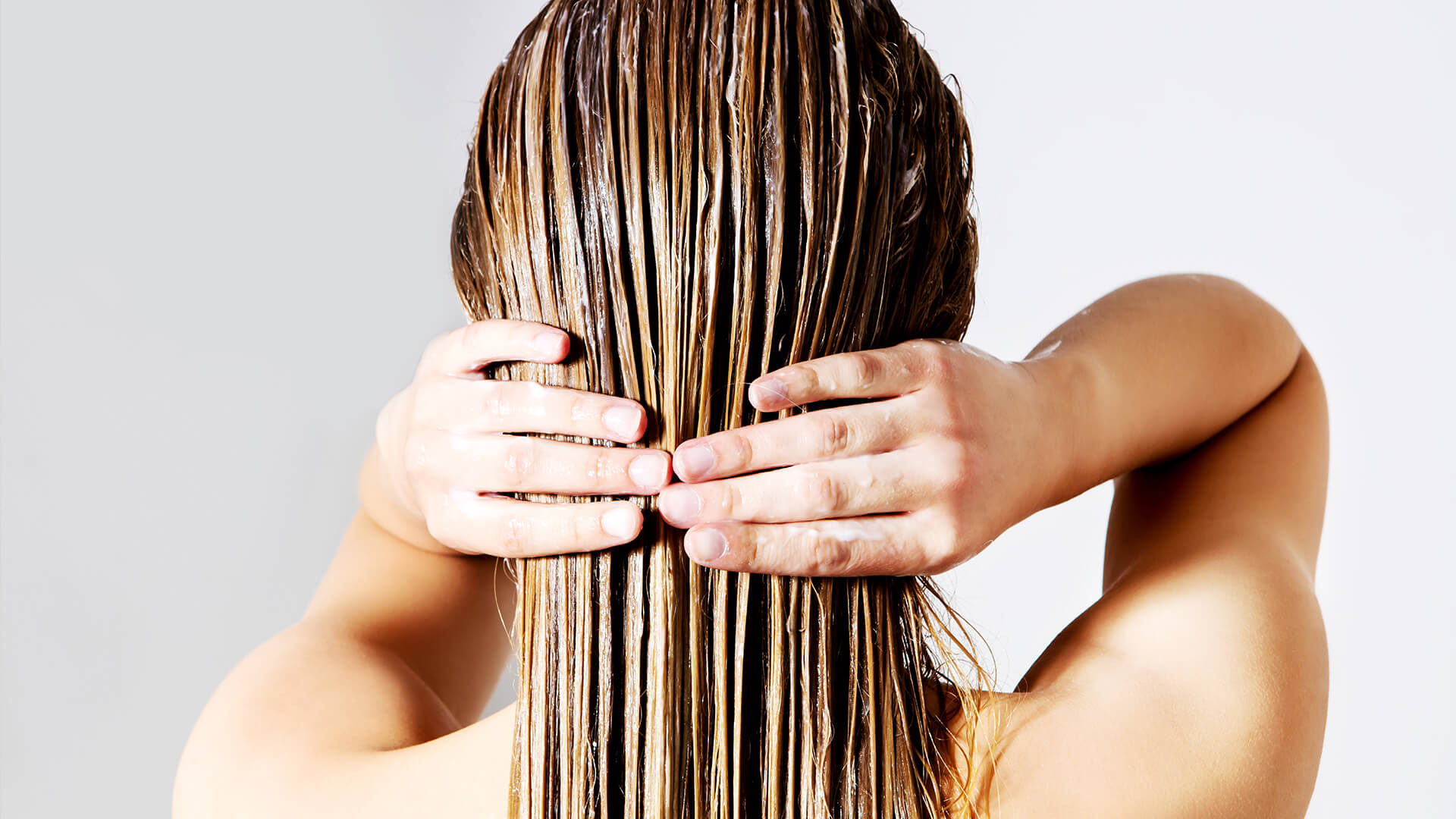
Hair problems can be caused by a bad diet, shampoos, or conditioners that don’t suit your hairstyle or scalp. Sometimes products that you use can strengthen your hair. However, they can also harm your scalp. If you have changed your hair care products and even begun a healthy diet, but your hair just doesn’t want to regenerate, this article can help you.
Your scalp can tell you a lot about your health. You may notice white flakes on your hair roots, hair loss, or you may feel some itching around your head. Your scalp can be damaged by infections or poor diet. If you happen to have wounds or bumps on your skin, we recommend consulting with a dermatologist.
The chances are you may need to start using more professional hair care products, like the ones you can find on sites like https://scissortec.com/.
Here, you will learn about the benefits and ways of maintaining a healthy scalp.
What Is a Healthy Scalp?
If you are experiencing itchiness or your hair is falling out, those are signs that your scalp is not healthy. It is vital to keep it clean and healthy if you want to keep your hair long.
A healthy scalp has the following features:
- It does not have any wounds or skin problems;
- There are no bumps on the skin because of the presence of sebaceous glands;
- It does not have any dandruff or flaking skin.
How to Maintain a Healthy Scalp?
You should take care of your scalp to avoid skin problems. A healthy diet, proper hair care, and regular hygiene are crucial to keeping your scalp in the best condition possible.
We recommend the following tips:
- Switch to natural products: Instead of using commercial shampoos and conditioners, switch to natural products. These usually contain fewer chemicals and can balance your scalp’s pH levels. One of the best ways to find good products is by reading reviews online.
- Eat foods with lots of vitamins: Your diet can affect your scalp’s health. To keep your hair clean and shiny, you should include lots of fruits and vegetables in your diet. They will provide you with vitamins and minerals that are necessary for your scalp’s health.
- Use natural oils: You can massage your scalp with natural oils such as coconut oil which contains vitamin E and fatty acids for better blood circulation.
- Keep it clean: If you want to have healthy hair, you should wash your hair regularly and at least 2-3 times per week. You should use shampoo to remove dirt and dust from the environment that may cause damage to your hair follicles.
- Avoid stress: Stress can contribute to hair loss and harm your scalp in general. If you want to have long hair, we recommend keeping stress away as much as possible (and yes, we know it’s easier said than done).
- Take care of your body: Some diseases can affect your hair directly or indirectly. Having a healthy body is very important to keep your hair clean, shiny, and long.
- Avoid bad habits: If you want healthy hair, you should avoid bad habits such as smoking or drinking too much alcohol. These can negatively affect your scalp and hair.
How to Fix Damaged Hair?
If your scalp is damaged by harmful products, a bad diet, or parasites, you should consult with a dermatologist and follow their instructions. However, you can also try some homemade treatments to improve the condition of your scalp and hair.
Here are some tips:
- Apply honey: You can apply honey on your scalp to speed up the healing process by restoring your skin’s pH levels. It also helps to moisturize your skin and hair follicles and prevents dandruff.
- Apply olive oil: To repair damaged hair, you can apply olive oil, coconut oil, or jojoba oil on your scalp to avoid dandruff and itchiness.
- Remove dirt: If you have wounds or scabs on your scalp, it is essential to clean them properly before applying any natural remedy.
- Use aloe vera: Aloe vera is used as an anti-inflammatory agent to relieve pain and itching and strengthen your scalp’s skin.
- Use lavender essential oil: Lavender essential oil has many properties you can use to treat the scalp. For instance, it has antiseptic properties which stop infections from spreading on the skin. It can also be used as a natural anti-fungal agent, and because of its anti-inflammatory properties, it can relieve itching and pain.
Final Note
When considering hair care, most of us forget about the scalp. We focus on the hair, believing that it’s the source of potential problems. The reality, though, is entirely different. Only by maintaining a healthy scalp will you be able to ensure your hair is strong and looks terrific.
That’s why the next time you visit your dermatologist, make sure to ask them about how you can help your scalp. The chances are you won’t need to spend a fortune on professional products. There are many domestic remedies you can apply, so make sure you follow our tips mentioned above. It’s time to take care of your scalp.











































